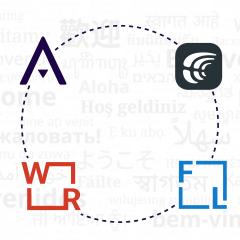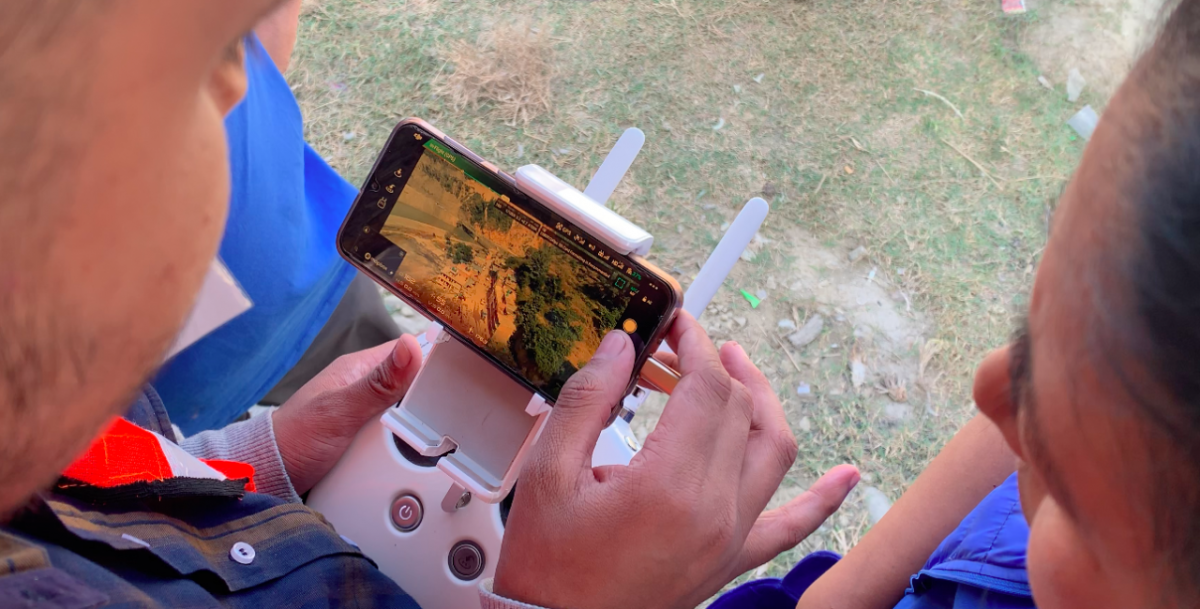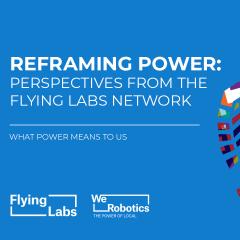
This is How We Localize Disaster Response
December 3rd, 2019

Localizing disaster response is actually not difficult. Essentially, localization is about getting out of the way. It’s about genuine local ownership and autonomy rather than a remote control. Localization is about living The Power of Local.
A good example is how we co-design our training with Flying Labs. Take the recent humanitarian drone training in Nepal sponsored by WFP and the Belgian Government. The five-day UAS training was primarily led by Nepal Flying Labs and local partners, including local drone pilots and data analysts. Local experts must be invited to lead these trainings (not just participate). The training wasn’t organized for foreigners but rather for 40+ Nepali participants from 16 different Nepali organizations. This explains why Nepal Flying Labs and the team ran the week-long training in Nepali.
What's more, instead of bringing foreign drones into Nepal temporarily for the training, we rented drones locally, thus directly supporting locally owned drone businesses rather than sidelining them. Naturally, these drones stayed in-country post-training. Together, we also ran a live disaster simulation. This is absolutely central to the training since it enables participants to apply everything they’ve learned in an efficient and hands-on manner. Running a humanitarian drone training without a simulation is like learning to ride a bike without wheels.
This approach to localizing disaster response is obviously not rocket science. In fact, it’s so simple and self-evident that we often feel ridiculous promoting it. And yet, much to our dismay, we are often told about how "radical" this approach is. But the way we localize is, of course, not the only way to localize, nor is it perfect by any means. We’re always learning thanks to Flying Labs in 25+ countries. The way we localize is how we chose to live the Power of a Local. It is one step towards the decolonization of technology for social good.
Category(s):
Location(s):
Recent Articles

